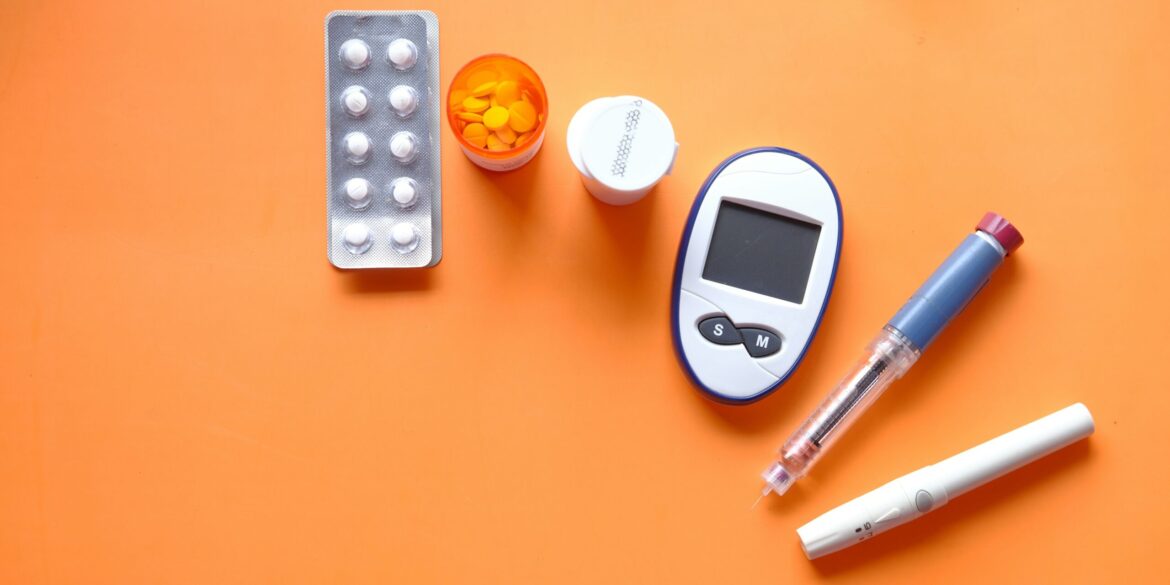A groundbreaking discovery has emerged suggesting that a common diabetes drug could play a crucial role in preventing the relapse of prostate cancer. Traditionally used to manage blood sugar levels in individuals with diabetes, the medication has shown potential properties that inhibit the growth of prostate cancer cells, raising hopes for a new therapeutic approach in cancer treatment. This finding offers an exciting opportunity for repurposing an existing drug to improve the prognosis for prostate cancer patients at risk of recurrence.
Researchers conducting the study were initially focused on the drug’s role in managing type 2 diabetes. However, during their investigation, they observed that the medication appeared to affect cancer cell growth in the prostate. This unexpected result led to further studies, which confirmed the drug’s ability to suppress the proliferation of prostate cancer cells, especially in the context of patients who had previously been treated for prostate cancer and were at risk of relapse.
Prostate cancer, one of the most common cancers among men, has a high rate of recurrence, particularly in cases where the cancer has spread or is aggressive. Currently, patients who have been treated for prostate cancer—through surgery, radiation, or hormone therapy—must closely monitor for signs of relapse. The discovery that a diabetes drug could serve as a potential preventive treatment is promising, as it may offer a relatively accessible and cost-effective solution for a disease that continues to pose significant challenges in the medical community.
The scientific community has been excited by the possibility of repurposing existing medications for new therapeutic uses, particularly in cancer treatment. Repurposing drugs can offer several advantages, including a faster route to clinical implementation, as these medications have already been tested for safety in humans. This new avenue could potentially expedite the development of novel cancer therapies without the need to start from scratch in the research process.
Despite the encouraging results so far, experts caution that further clinical trials are necessary to fully confirm the efficacy of this diabetes drug in preventing prostate cancer relapse. These trials will help determine the optimal dosage, treatment regimen, and long-term safety of the medication in the context of prostate cancer management. As with any promising new treatment, careful evaluation is essential before it can be widely adopted in clinical practice.
Additionally, researchers are focused on understanding the underlying mechanisms by which the drug affects prostate cancer cells. While the drug has shown promising effects in laboratory settings, its precise mode of action in inhibiting cancer growth remains an area of active investigation. Understanding these mechanisms could further enhance its potential as a targeted therapy for prostate cancer.
As clinical trials progress, the hope is that this diabetes drug could become a valuable tool in the fight against prostate cancer recurrence. If successful, it could provide a new line of defense for patients who have already undergone initial treatments but remain at high risk for cancer returning. This represents a significant step forward in personalized medicine, where existing treatments are used in innovative ways to address complex health issues.
With further research and trials, this diabetes drug could soon offer a viable option for improving survival rates and quality of life for prostate cancer patients. For now, the medical community remains cautiously optimistic as they await the results of ongoing clinical trials to confirm the drug’s effectiveness in cancer treatment.
As new findings emerge, patients and healthcare providers alike are encouraged to stay informed about potential developments in cancer therapy, particularly those that could offer hope for better outcomes in the fight against prostate cancer.

